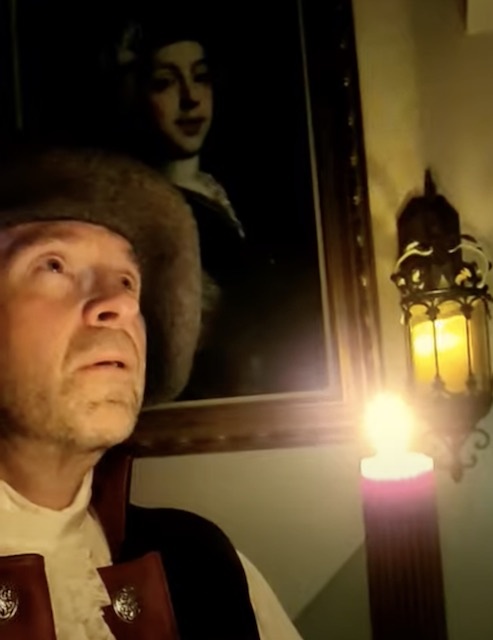To mark the 275th anniversary of the Declaration of Muirlaggan on May 8th 1746, a new version of ‘John Roy’s Psalm’ has been published on YouTube
You can watch the video by clicking here.
John Roy Stuart was one of the signatories of the Declaration, along with several other Jacobite leaders who refused to accept that Culloden marked the end of their hopes.
Those who signed the Declaration committed themselves “to raise in arms for the interest of His Royal Highness Charles Prince of Wales, and in defence of our country, all the able-bodied men that all or every one of us can command or raise within our respective interests or properties”.
This force would “rendezvous on Thursday next at Auchnicarry in the Braes of Lochaber.”
It was further declared that “Colonel John Roy Stuart shall advertise Lord Lewis Gordon, Lord Ogilvie, Lord Pitsligo, the Farquharsons, and the other principal gentlemen of the North, with the resolutions taken at this meeting.”
These ringing declarations came to naught as the Highland clans failed to rally for one final effort, realising that its chances of success would be very slim.
This view was shared by the Prince himself, who decided to try and get back to France and raise support for another Rising at the court of Louis XV.
“At the time of the Declaration, John Roy was in denial – the first stage of grief,” commented Michael Nevin, Chair of The 1745 Association and author of Reminiscences of a Jacobite which assesses the mental state of the Jacobite Colonel during the months after Culloden, revealed in five poems and songs he composed during this period.
“After the failure of Muirlaggen, he seems to have had a breakdown as a result of stress and depression. ‘John Roy’s Psalm’ is the first fragile sign of his recovery.”
In his rendition of the Psalm, American folk singer Charlie Zahm adopts the persona of the Jacobite Colonel on the run from the redcoats during the summer of 1746, expressing the trepidation, even fear, that John Roy must have felt knowing that capture meant certain death.
As the Psalm progresses, John Roy’s spirits gradually recover as he appeals for divine assistance to escape his pursuers.
“Charlie Zahm’s rendition breathes new life into John Roy’s timeless song of grief, anxiety and regeneration, which strikes a particular chord during this time of gradual recovery from the Covid crisis,” commented Mr Nevin.



